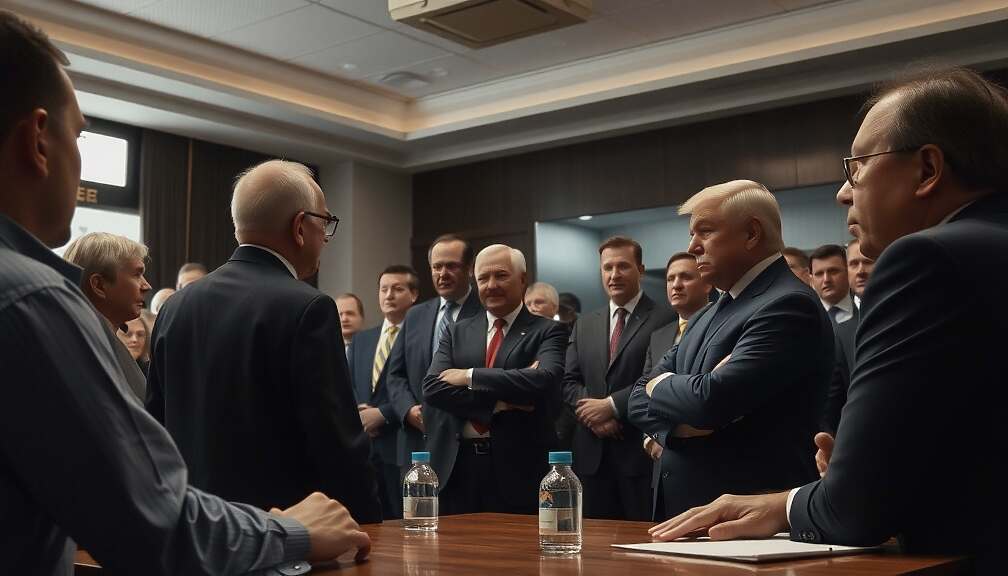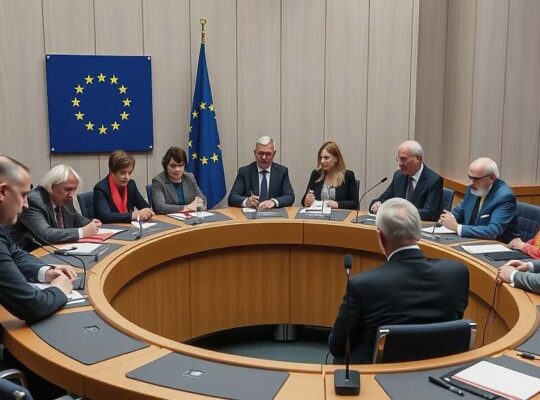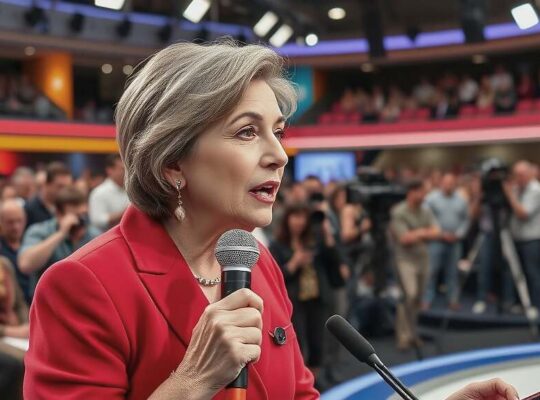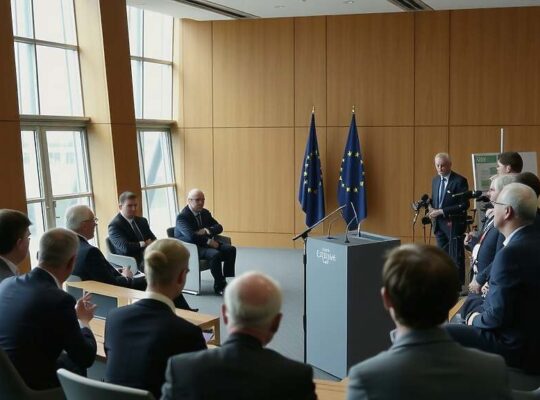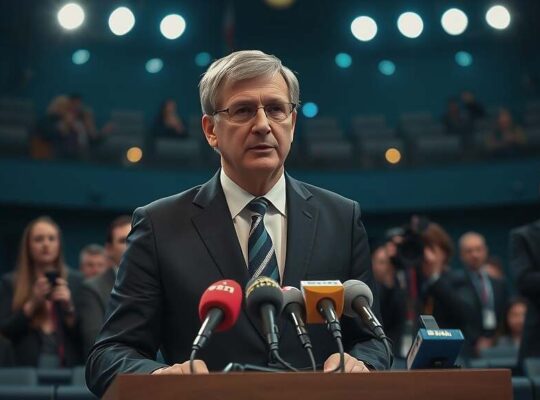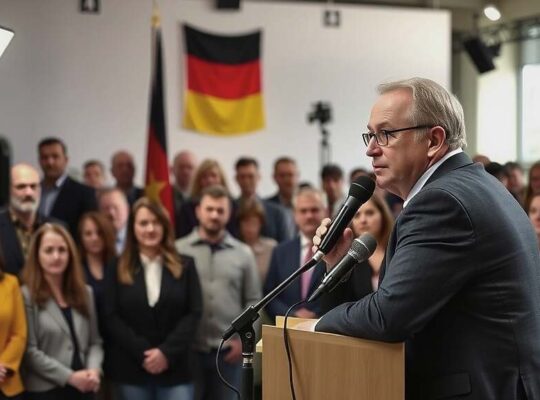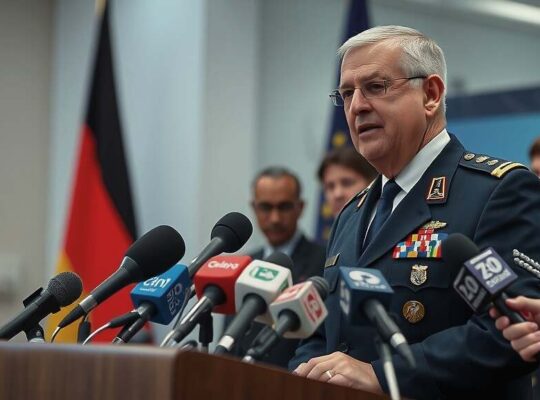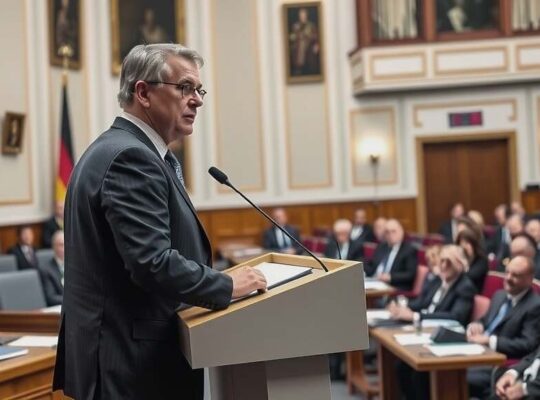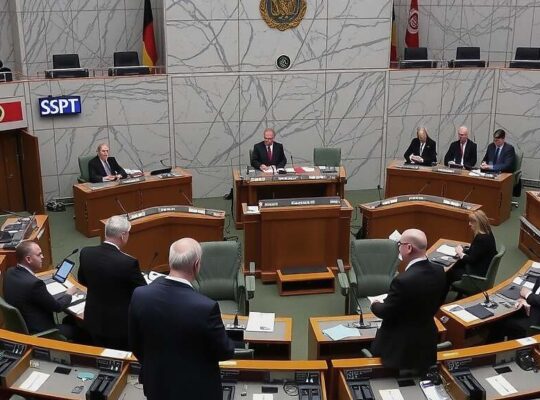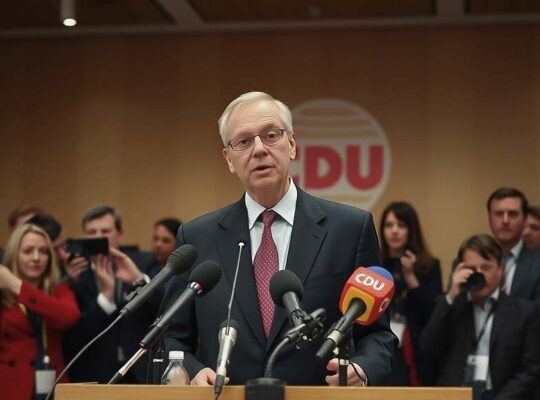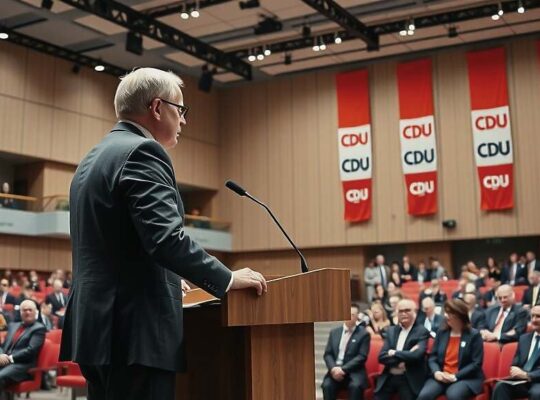Sweden’s Prime Minister Ulf Kristersson has issued a stark warning against Western strategic impatience in the ongoing conflict in Ukraine, while simultaneously demanding a more robust European response to Russia’s increasingly sophisticated hybrid warfare tactics. In an interview with “Der Spiegel”, Kristersson argued that the Kremlin is actively exploiting Western anxieties, betting on a waning commitment to supporting Ukraine and leveraging economic concerns to its advantage.
“Russia is no more difficult to read now than it was before the invasion” he stated, implicitly criticizing a perceived lack of foresight among Western leaders, particularly in Germany. He highlighted Moscow’s deliberate efforts – both direct and through proxies – to sow discord and uncertainty. The Kremlin, Kristersson believes, is counting on the West’s propensity to declare the war unwinnable or to prioritize domestic social spending over continued military and financial assistance to Ukraine. Crucially, he expressed concern that Russia hopes time will work in its favor, preventing the utilization of frozen Russian assets to bolster Ukraine’s defense.
Kristersson’s call to action centers on a decisive financial and security policy response from the European Union. He specifically advocated for the seizure and deployment of frozen Russian assets to aid Ukraine’s reconstruction and immediate needs. Beyond financial measures, he emphasized the critical need to actively counter Russian disinformation campaigns – campaigns he notes are strategically targeting vulnerable communities, including Russian-speaking populations, to amplify divisions and undermine public trust.
While acknowledging the strong transatlantic and European unity demonstrated since the start of the conflict – underscored by the support of 26 out of 27 EU member states – Kristersson delicately navigated the nuances of the bloc’s internal dynamics. He differentiated between an “EU-minus” referencing Hungary’s often-divergent stance and an “EU-plus” encompassing the broader coalition of EU member states, the United Kingdom, Norway and Canada, highlighting the collaborative effort required to effectively challenge Russia’s influence. Kristersson cautioned that allowing impatience and internal divisions to take hold would play directly into Putin’s strategic objectives and risk fracturing the fragile alliance bolstering Ukraine.


